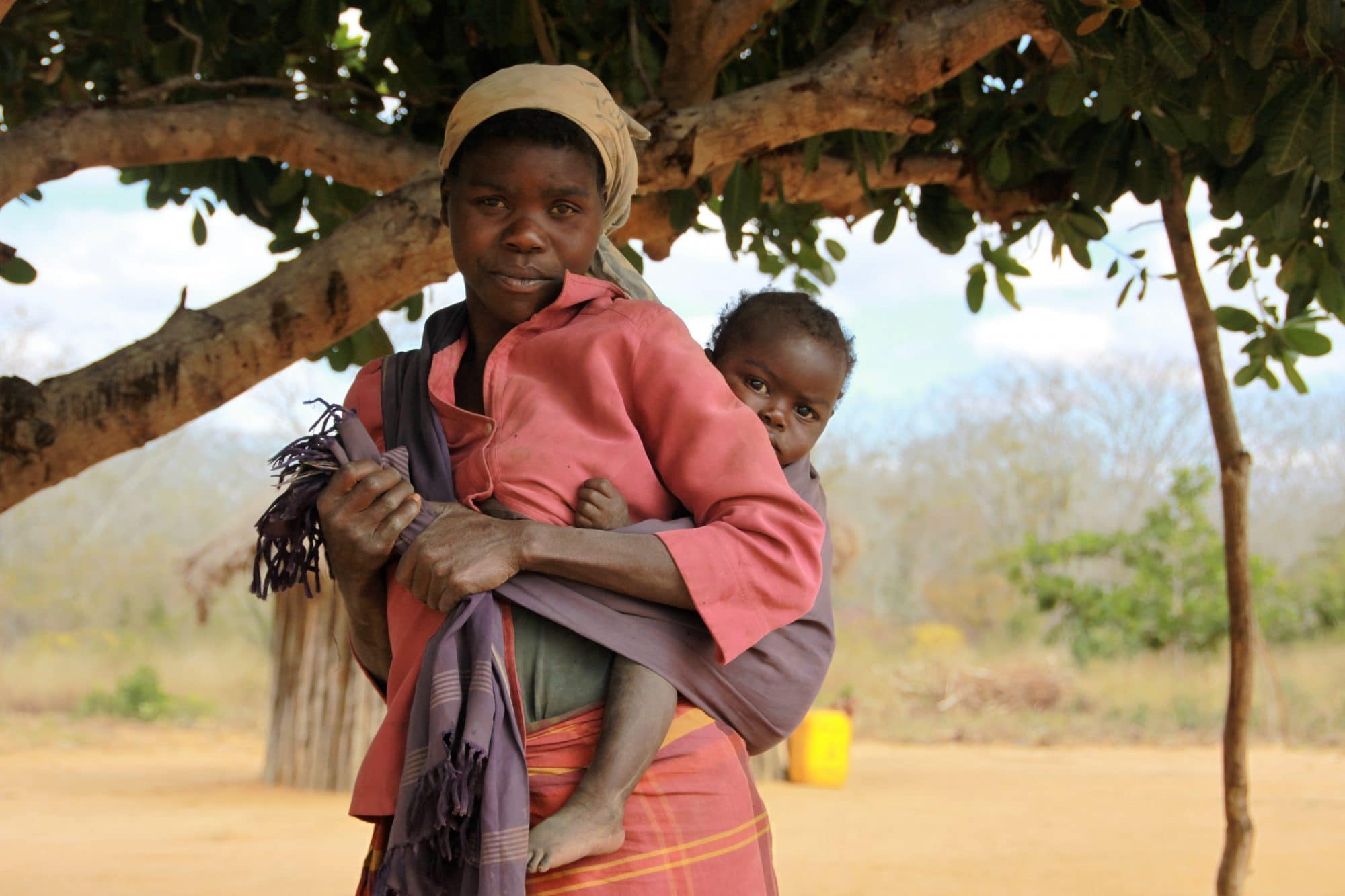Hope Dries Up?
Hope Dries Up?
Women and Girls Coping with Drought and Climate Change in Mozambique
Women and girls in Mozambique are struggling, now more than ever, to cope with the current drought, the worst in 35 years, aggravated by a particularly powerful El Niño phenomenon. Researchers have talked to 75 people in the region of Inhambane to get first-hand impressions of what the situation is like in areas affected by drought and hunger. Up to 80 percent of the families are forced to reduce their meals to only one or two daily rations. Tens of thousands of children are expected to be acutely malnourished. The situation is particularly hard for teenage girls who lack the experience and knowledge to come up with strategies to protect themselves and their children from hunger.
In the report, both the positive and negative coping mechanisms adopted by women and girls during the 2015/2016 drought are presented. Stories are used to tangibly illustrate the issues of concern for various women and girls along with the resource mechanisms they have opted to tap.
The report finds that communities who participated in programs introducing new cultivation practices, better seeds and alternative income activities were far better prepared to manage lean months than those without knowledge. CARE urges the international community and decision-makers at COP22 to ensure sufficient funding for adaption and resilience programs. Otherwise, hard-won developmental gains will continue to unravel and recovery will be costly and take decades.
For more information
